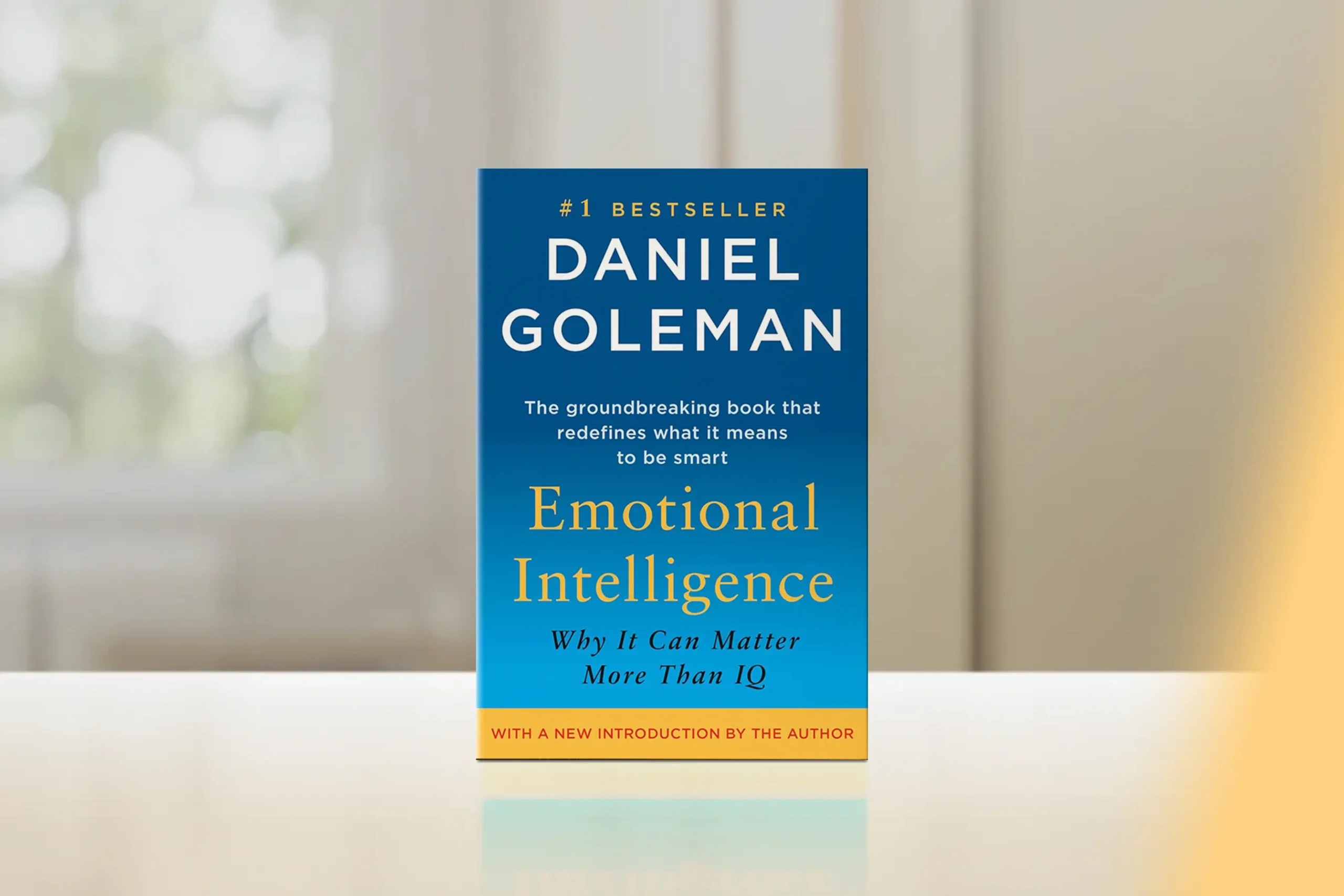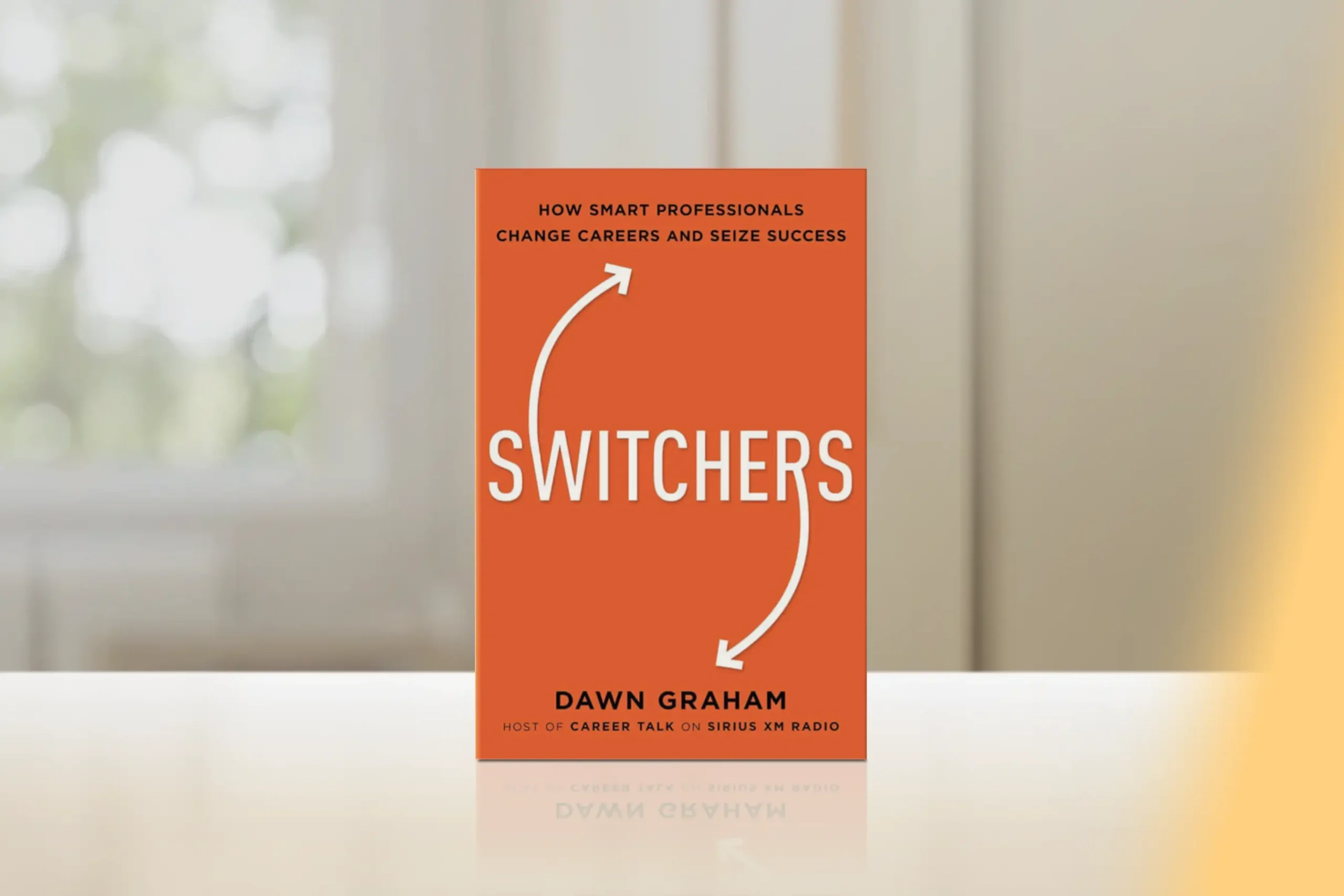In a world that has long prized IQ as the golden standard of success, Daniel Goleman’s “Emotional Intelligence” emerges as a groundbreaking work that challenges this notion. First published in 1995 and subsequently revised, this influential book introduces the concept of emotional intelligence (EQ) and argues for its crucial role in personal and professional achievement.
Goleman’s core premise is both revolutionary and intuitive: our ability to understand and manage our own emotions, as well as recognize and influence the emotions of others, is a far better predictor of success than traditional measures of cognitive intelligence. This book empowers you to develop your emotional intelligence, opening doors to improved relationships, enhanced leadership skills, and greater overall life satisfaction.
Core Concepts
Emotional Intelligence introduces several key components that make up emotional intelligence:
- Self-awareness: Recognizing and understanding your own emotions
- Self-regulation: Managing your emotions and impulses effectively
- Motivation: Using your emotions to achieve goals
- Empathy: Recognizing and understanding the emotions of others
- Social skills: Managing relationships and building networks
By developing these five areas, you can enhance your emotional intelligence, leading to improved decision-making, stronger relationships, and greater success in both personal and professional spheres.
Chapter-by-Chapter Review
Part One: The Emotional Brain
Goleman lays the groundwork by exploring the neuroscience of emotion. You’ll gain insights into how our brains process emotions and why they play such a crucial role in decision-making and behavior. This section challenges the traditional view of emotions as obstacles to rational thinking, instead positioning them as valuable tools for navigating life’s complexities.
Part Two: The Nature of Emotional Intelligence
Here, Goleman introduces the core components of emotional intelligence. Through engaging examples and clear explanations, you’ll learn how self-awareness, self-regulation, motivation, empathy, and social skills contribute to emotional intelligence. This section provides a framework for understanding your own emotional strengths and weaknesses.
Part Three: Emotional Intelligence Applied
This practical section explores how emotional intelligence manifests in various aspects of life. From intimate relationships to workplace dynamics, Goleman illustrates how EQ impacts our daily interactions. You’ll discover how developing your emotional intelligence can lead to more fulfilling relationships, better parenting, and enhanced leadership abilities.
Part Four: Windows of Opportunity
Goleman delves into the development of emotional intelligence across the lifespan. This section offers hope and practical strategies for improving EQ at any age, with a particular focus on childhood as a critical period for emotional learning. Parents and educators will find valuable insights into nurturing emotional intelligence in young people.
Part Five: Emotional Literacy
The book concludes by advocating for the importance of emotional education. Goleman makes a compelling case for integrating emotional intelligence training into schools and workplaces, offering a vision of a society with higher collective EQ and its potential benefits.
Key Strengths
- Introduces a groundbreaking concept that has significantly influenced psychology and management
- Offers a well-researched, scientifically grounded approach to understanding emotions
- Provides practical insights for improving emotional intelligence in various life domains
- Challenges traditional notions of intelligence and success
- Balances theory with engaging real-life examples and case studies
Potential Drawbacks
- Some readers may find certain sections dense with scientific information
- The book’s ideas, while still relevant, may feel less revolutionary to modern readers familiar with EQ
- Some critics argue that the importance of EQ is overstated compared to traditional IQ
Who This Book Is For
Emotional Intelligence is a valuable resource for a wide range of readers, particularly:
- Professionals seeking to enhance their leadership and interpersonal skills
- Individuals interested in personal growth and self-improvement
- Parents and educators looking to nurture emotional intelligence in children
- Anyone struggling with emotional regulation or interpersonal relationships
Final Review
Emotional Intelligence is a transformative book that has the power to change how you view intelligence, success, and personal growth. By shining a spotlight on the often-overlooked realm of emotions, Goleman provides a new lens through which to understand ourselves and others.
The book’s strength lies in its blend of scientific rigor and practical applicability. While some sections may be challenging for lay readers, the overall message is clear and empowering: emotional intelligence is a skill that can be developed, and doing so can lead to profound improvements in all areas of life.
Goleman’s work challenges us to look beyond traditional measures of intelligence and success, offering a more holistic view of human potential. Whether you’re looking to advance in your career, improve your relationships, or simply understand yourself better, Emotional Intelligence provides invaluable insights and strategies.
Rating: 4.5/5
A pioneering work that revolutionizes our understanding of intelligence and success, offering practical strategies for personal and professional growth through the development of emotional intelligence.
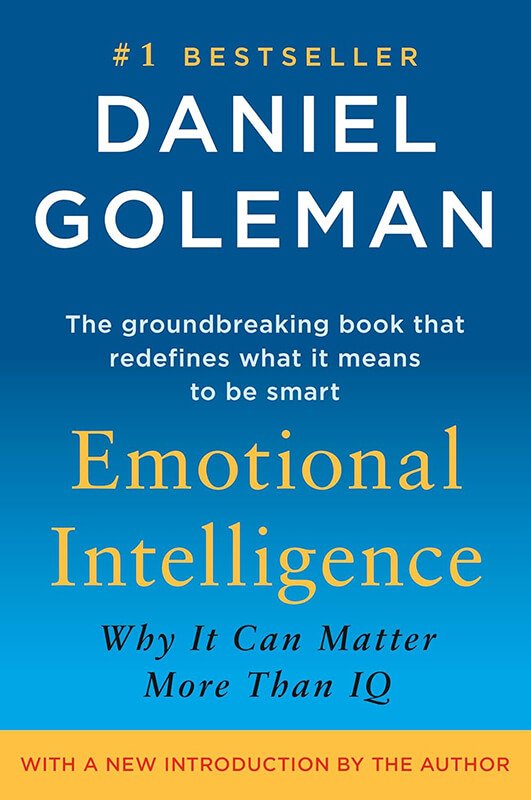
Alternative Books
If you found Emotional Intelligence insightful, here are three related books that further explore emotional intelligence and personal development:
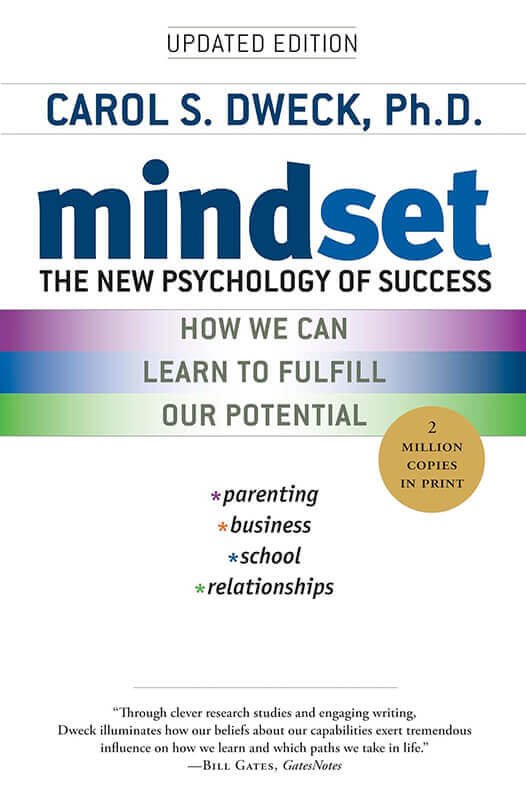
Mindset: The New Psychology of Success by Carol S. Dweck
Explores the power of our mindset in achieving success, complementing Goleman’s ideas on emotional intelligence.
Rating: 4.6/5
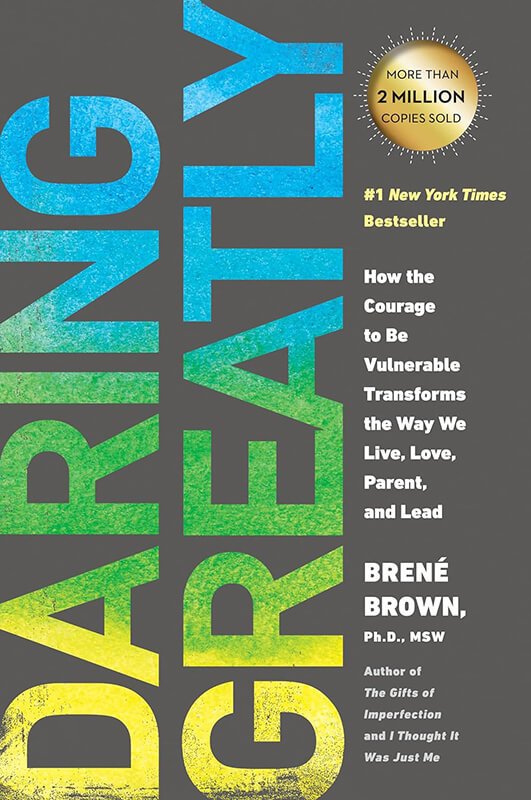
Daring Greatly by Brené Brown
Delves into the power of vulnerability, an important aspect of emotional intelligence and authentic leadership.
Rating: 4.7/5
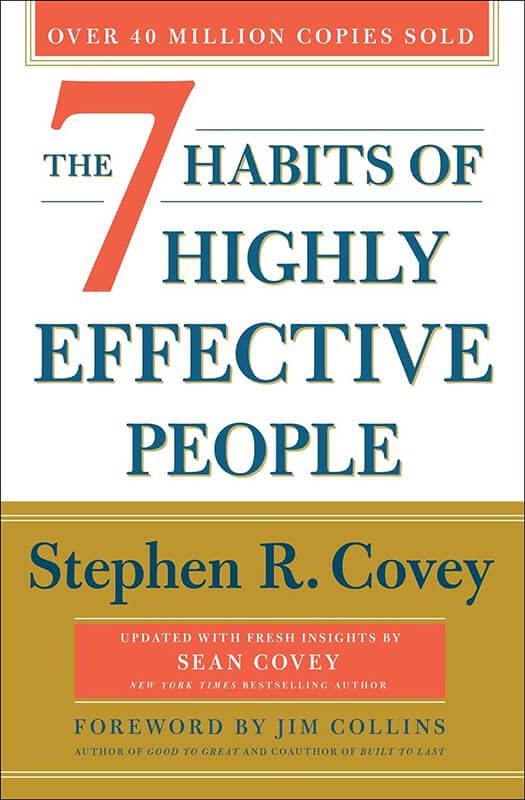
The 7 Habits of Highly Effective People by Stephen R. Covey
While broader in scope, this classic self-help book includes principles that align with and support the development of emotional intelligence.
Rating: 4.6/5

